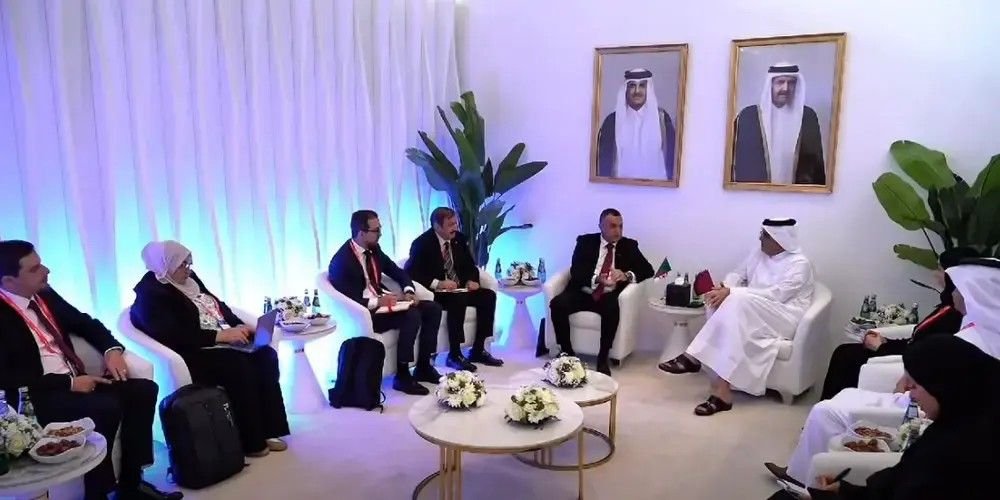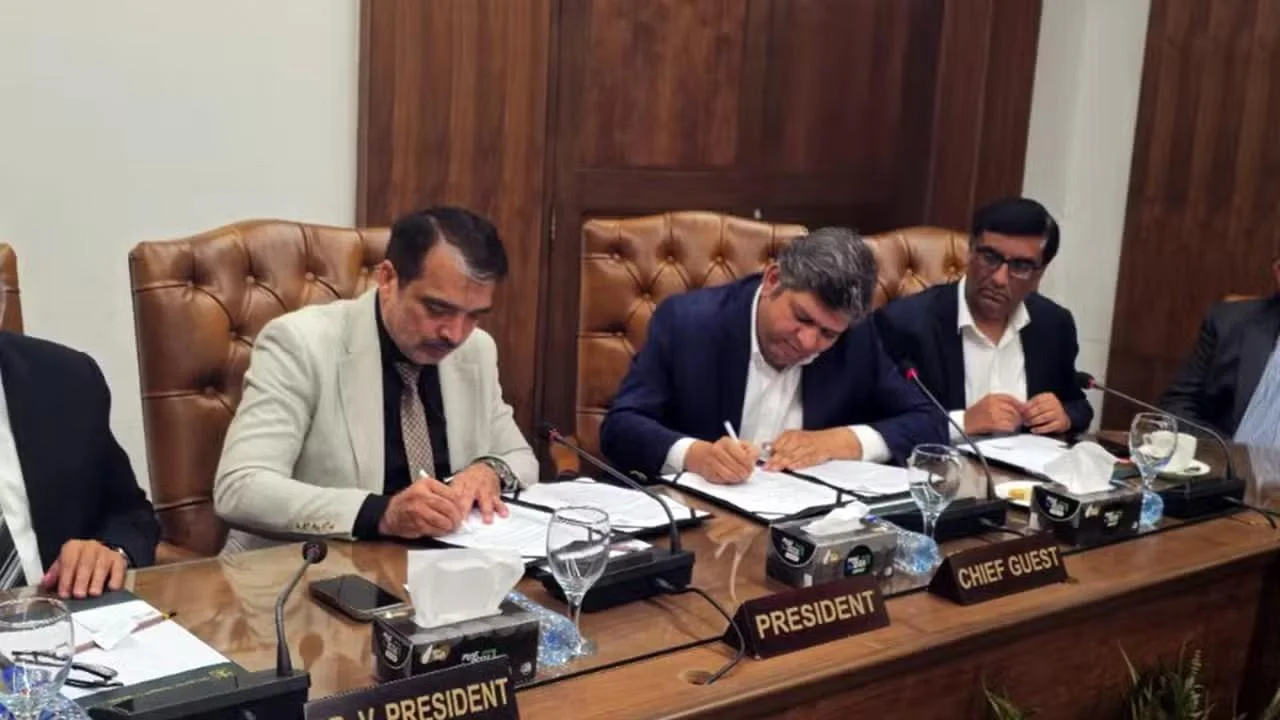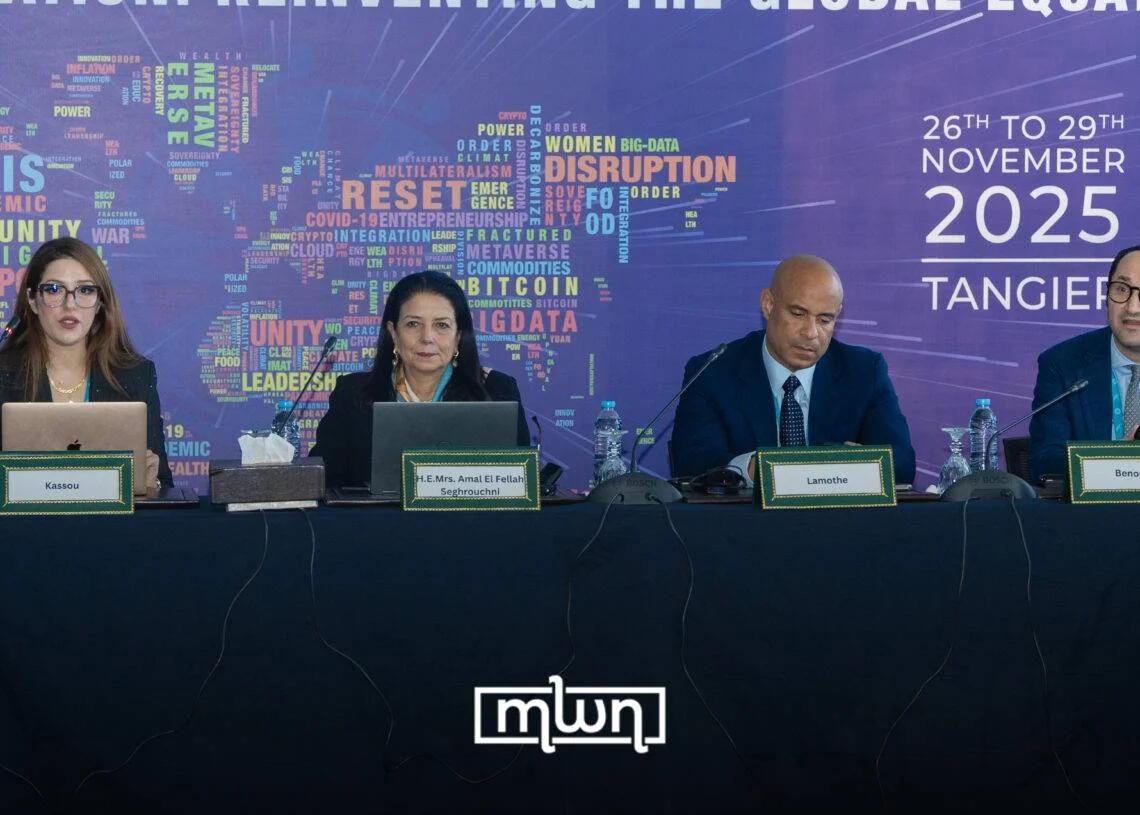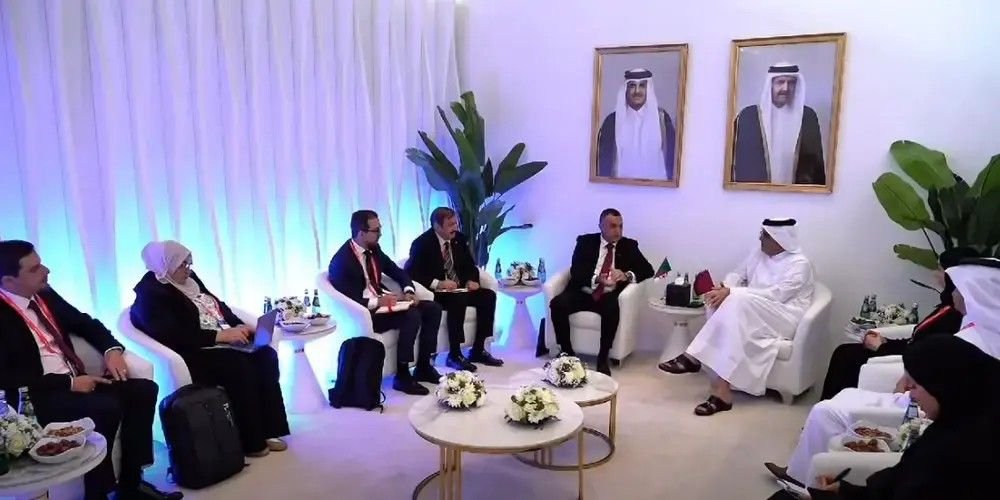Robi Axiata and Banglalink, two major telecommunications companies in Bangladesh, have signed a Memorandum of Understanding (MoU) to explore ways to share and optimize their network resources. This collaboration aims to expand and improve 4G access across the country.
In a joint statement released on Friday, Robi and Banglalink highlighted that network sharing would lead to better cost efficiency and utilization of telecom resources. This, in turn, would allow for increased investments in service quality and value-added services (VAS). Additionally, network sharing is more environmentally sustainable, optimizing energy consumption and conserving foreign currency, the telcos noted.
The MoU signifies the first step towards evaluating the technical and financial feasibility of network sharing. Both companies are awaiting the necessary policy changes and regulatory approvals to move forward with the plan.
The Bangladesh Telecommunication Regulatory Commission (BTRC) has expressed support for this initiative. The MoU also has the backing of Zunaid Ahmed Palak, the Minister of State for Posts, Telecommunications, and Information Technology, who announced the agreement at last week’s World Telecommunication and Information Society Day in Dhaka.
“This potential collaboration between Banglalink and Robi will encourage innovation and promote the efficient utilization of the nation’s resources in critical national development initiatives, ultimately transforming the lives of Bangladeshi citizens through seamless connectivity,” Palak stated.
Palak also emphasized the MoU’s role in advancing the government’s ‘Smart Bangladesh’ vision. “We are on a mission to make the Bangladeshi Telecom Industry a driving force in achieving the government’s vision of a Smart Bangladesh,” he said. “Telecommunications, as an essential service, has the potential to bridge access to digital services with customers.”
Earlier this month, Veon-owned Banglalink announced the shutdown of its 3G network to free up spectrum and network resources to enhance its 4G network. The telco also entered a strategic agreement with Chinese vendor ZTE to supply solutions for improving 4G coverage and network capacity.
By the end of Q1 2024, Banglalink reported having 21.5 million 4G subscribers, with its network covering 88% of the population. In comparison, Robi Axiata had over 35 million 4G subscribers, with its 4G network covering 98.8% of the population.















